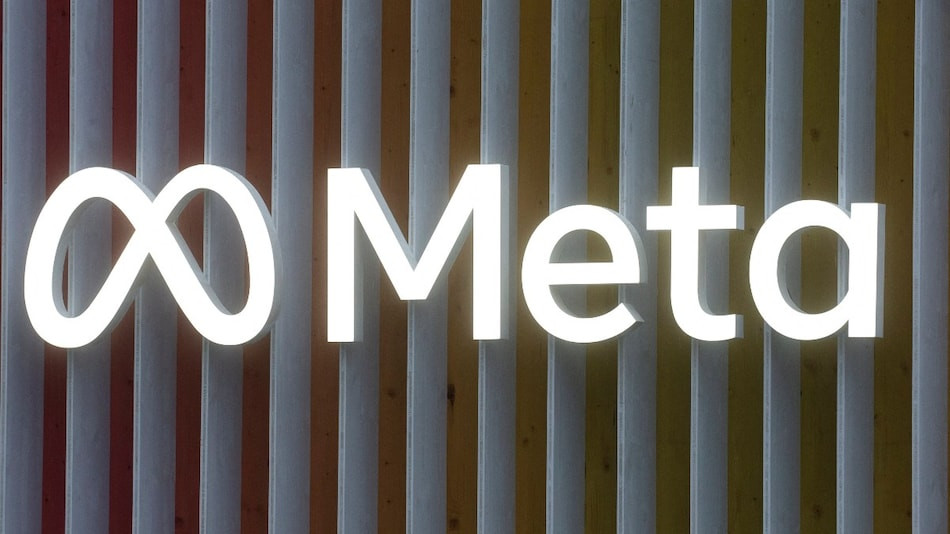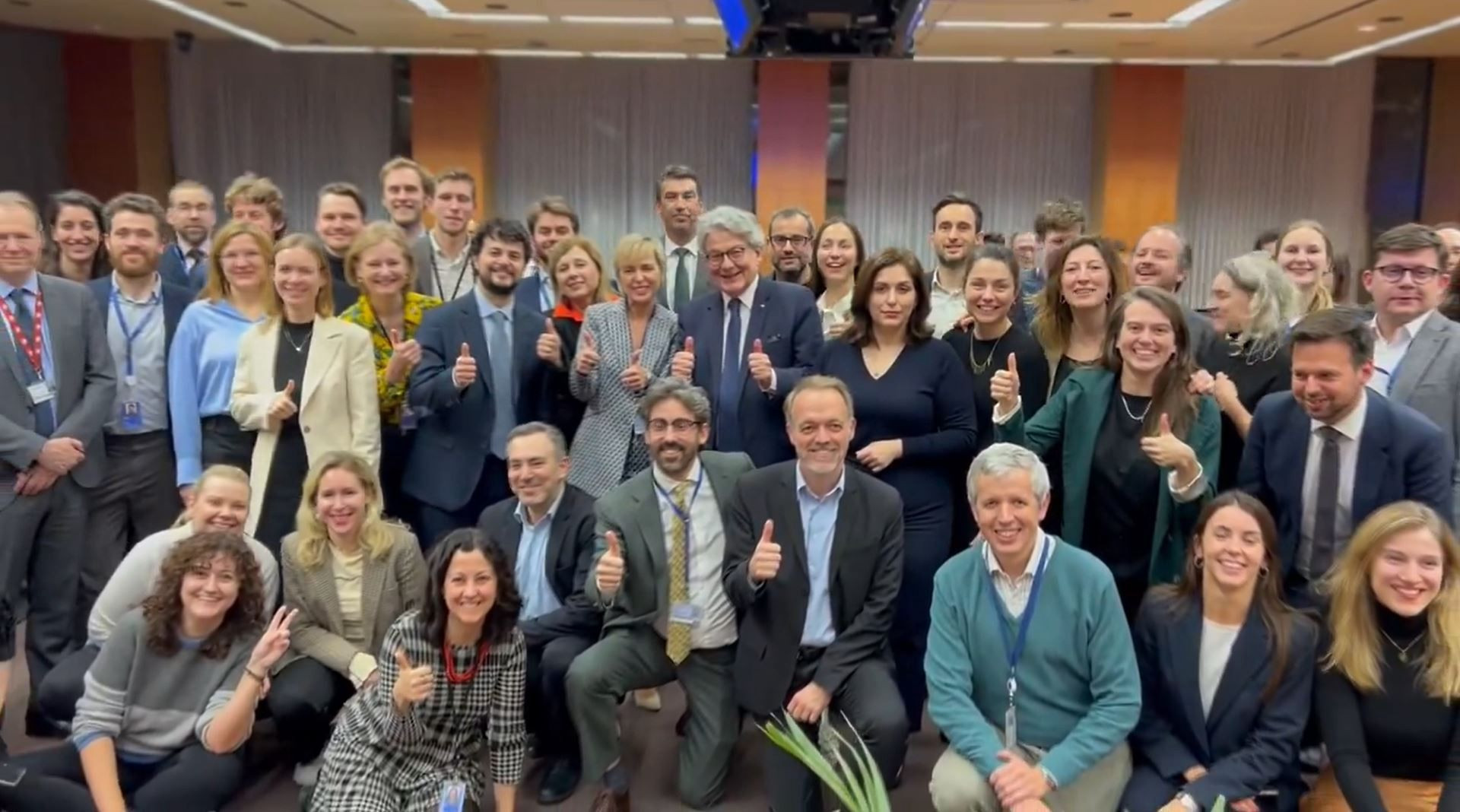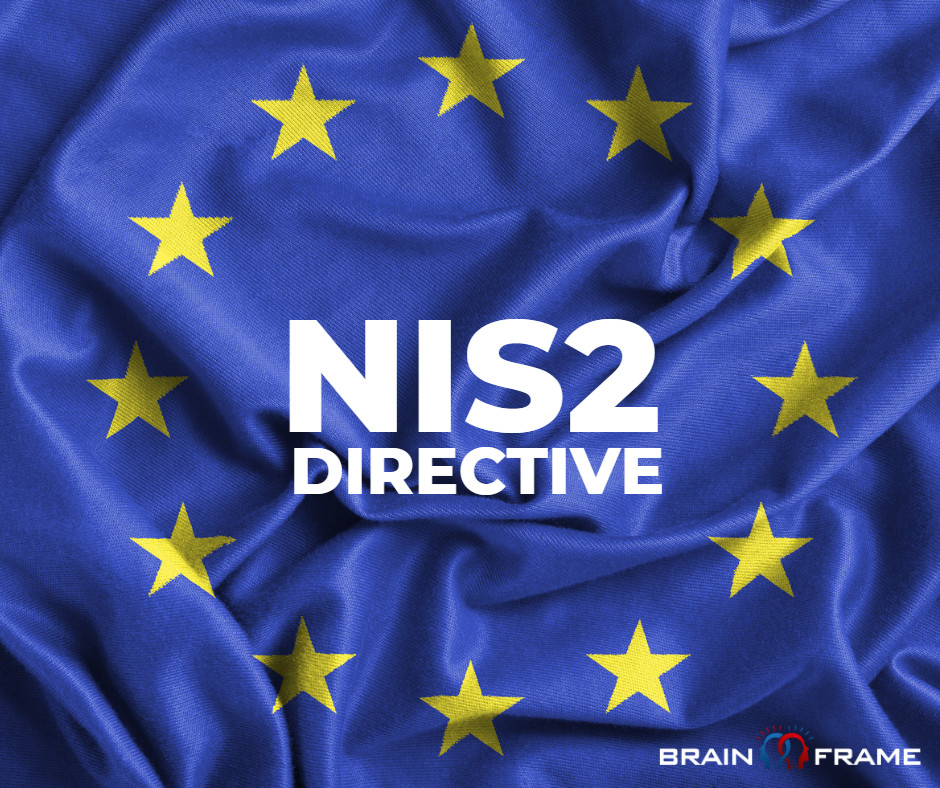A group of companies including Meta and Spotify blasted the European Union Thursday for its “fragmented and inconsistent” decision-making on data privacy and artificial intelligence (AI). The firms, along with several researchers and industry bodies, signed an open letter claiming that Europe was already becoming less competitive and risked falling further behind in the age of AI. The signatories called for “harmonised, consistent, quick and clear decisions” from data privacy regulators to “enable European data to be used in AI training for the benefit of Europeans”.
The letter takes issue with recent decisions under the 2018 general data protection regulation (GDPR). Meta, which owns Facebook, WhatsApp and Instagram, recently halted plans to harvest data from European users to train its AI models after pressure from privacy regulators. “In recent times, regulatory decision making has become fragmented and unpredictable, while interventions by the European Data Protection Authorities have created huge uncertainty about what kinds of data can be used to train AI models,” said the letter.
Meta, for example, has had to delay the roll out of its AI chatbot in Europe, despite other regions getting access to its AI tools months back. Back in June, Meta was forced to add an opt-out for EU users who don’t want their posts used for AI training, via the EU’s “Right to Object” option, while EU authorities are still exploring the implications of using personal data for AI training, and how that meshes with its Digital Services Act (DSA). Which has rankled Meta’s top brass. As noted by Meta’s Head of Global Affairs Nick Clegg in a recent interview: “Given its sheer size, the European Union should do more to try and catch up with the adoption and development of new technologies in the U.S., and not confuse taking a lead on regulation with taking a lead on the technology.”
Meta’s argument, which is supported by the 48 other signatories on the letter, is that the EU risks losing parity with other regions, which could impede broader progress. “Europe faces a choice that will impact the regions for decades. It can choose to reassert the principle of harmonization enshrined in regulatory frameworks like the GDPR so that AI innovation happens here at the same scale and speed as elsewhere. Or, it can continue to reject progress, betray the ambitions of the single market and watch as the rest of the world builds on technologies that Europeans will not have access to.”
EU AI Regulation: Striking a Balance
It’s a compelling angle, yet, at the same time, users should have the right to object if they don’t want their personal updates used in AI training, which EU regulations support in every other aspect. As such, it makes sense for European regulators to weigh the various considerations here, and it’ll be interesting to see whether they’ll be swayed by a collection of business owners (including Ericsson, Spotify, SAP, and more) who stand to benefit the most from loosened regulations.
The broader concern is that we’re moving too fast with AI development, which, much like social media before it, could lead to harms if regulatory groups don’t take a more measured approach. With social media, we’ve mostly dealt with such concerns in retrospect, which EU officials are seeking to avoid this time around, by implementing protections ahead of time. But with pressure mounting, it could see some elements overlooked, in favor of progress. Which, in the long run, is probably not the best approach, but EU authorities will now need to weigh the sentiments of this new push, among various other considerations for the future of AI development.
The Growing AI Divide
Meta’s stance against the EU’s AI regulations is not unique. Several other tech giants, including Google and Microsoft, have expressed concerns about the impact of strict regulations on their AI development efforts. These concerns highlight the growing divide between the EU and the US on AI regulation. While the EU is focused on safeguarding data privacy and preventing potential harms, the US is prioritizing innovation and technological advancement. This divide could lead to a situation where European companies find themselves lagging behind their American counterparts in the global AI race.
This divide is not limited to the tech industry. The EU’s regulatory approach has broader implications for the future of AI in the region. The EPRS study recommends extending the scope of the AILD to include general-purpose AI products and a broader legal instrument for software liability. This could result in a more fragmented AI market, where different countries have different regulations, hindering innovation and competitiveness.
Europe’s Choice: Innovation or Regulation?
The EU faces a critical choice: prioritize regulation and potentially stifle innovation, or prioritize innovation and risk potential harms. The decision has far-reaching implications for the future of AI in Europe and the global AI landscape. It will be interesting to see how the EU navigates this complex issue and whether it can find a balance between safeguarding users and fostering innovation.
There are fair notes on both sides, but I’m not sure that I agree with corporate entities applying public pressure to regulatory groups, in order to benefit their interests.
The key to maximizing a social media marketing strategy is to ground the approach in purpose.
For months, we’ve been tracking Elon Musk’s $44 billion deal with Twitter. Now that the deal is done, we watch as the Musk-Twitter era begins.
The free newsletter covering the top industry headlines
The key to maximizing a social media marketing strategy is to ground the approach in purpose.
For months, we’ve been tracking Elon Musk’s $44 billion deal with Twitter. Now that the deal is done, we watch as the Musk-Twitter era begins.


















